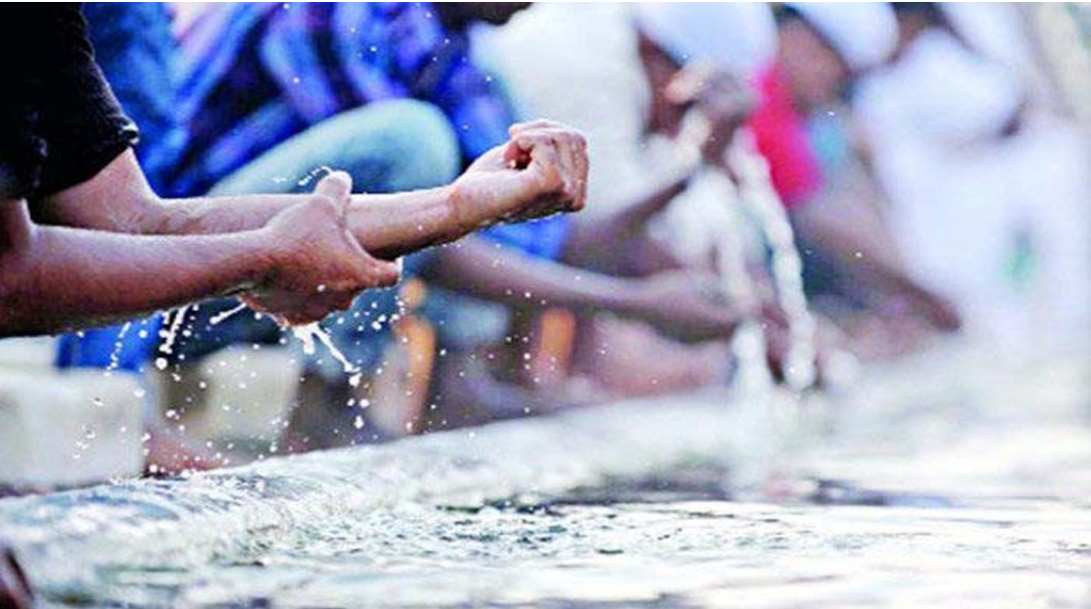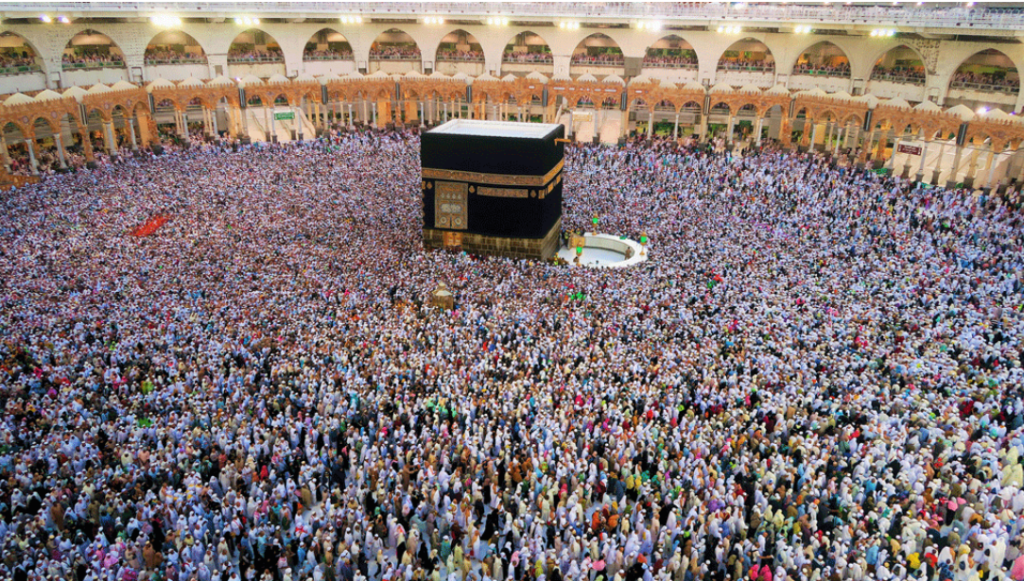Desk Report:
Assalamu Alaikum. There is a common belief in our society that if the clothes on the knees are lifted during or after performing ablution, then the ablution is broken. Is this belief correct? What is said in Islam about this?
Hossain Ali, Thakurgaon
Walaikum Assalamu. Your question is very relevant and important. Because there is a common misconception in our society about this. This belief has no basis. According to Islamic Sharia, ablution is not broken if the clothes are lifted on the knees. This is an unfounded belief.
Why is the belief unfounded
Covering the saree (the part of the body that is obligatory to cover) is not a condition for ablution to be pure. Even if the clothes are lifted on the knees during or after performing ablution, the ablution will not be broken. Because it is not included in the reasons for breaking ablution. Similarly, in the case of women, if the headscarf falls off after performing ablution, it will not break their ablution. However, it should be remembered that it is inappropriate to keep the saree open unnecessarily and it will be a sin if it is in front of the eyes.
Reasons for breaking ablution
There are seven specific reasons for breaking ablution in Islamic law. If any of these occur, ablution is broken and a new ablution must be performed. The reasons are:
1. If something comes out through the toilet or urinary tract.
2. If you laugh loudly during prayer.
3. If you vomit with your mouth full.
4. If the proportion of blood is equal to or more than the spit.
5. If you sleep lying down or reclining.
6. If you faint or become insane for some time.
7. If blood, pus or water comes out and rolls from any part of the body.
These reasons do not include the issue of clothes coming up above the knees. So there is no need to worry about this.
Importance of ablution and satar
Although it is not a reason for breaking ablution, the issue of satar or covering the body is very important in Islam. For prayer, a man’s satar is from the navel to the knees and both shoulders are covered. And for women, it is obligatory to cover the entire body (except the face and the wrists of both hands). Therefore, one must take care of this during prayer. However, if a man performs prayer with his head, stomach, back, and elbows uncovered without any excuse, it will be valid; however, it will be disliked. (Fatawa-e-Hindiyya 1/106)
Although satr has nothing to do with breaking ablution, both are an integral part of Muslim life. Just as ablution keeps a believer pure and frees him from sin, satr is a symbol of the dignity and modesty of a Muslim.
Answered by
Mufti Shabbir Ahmad
Islamic researcher




